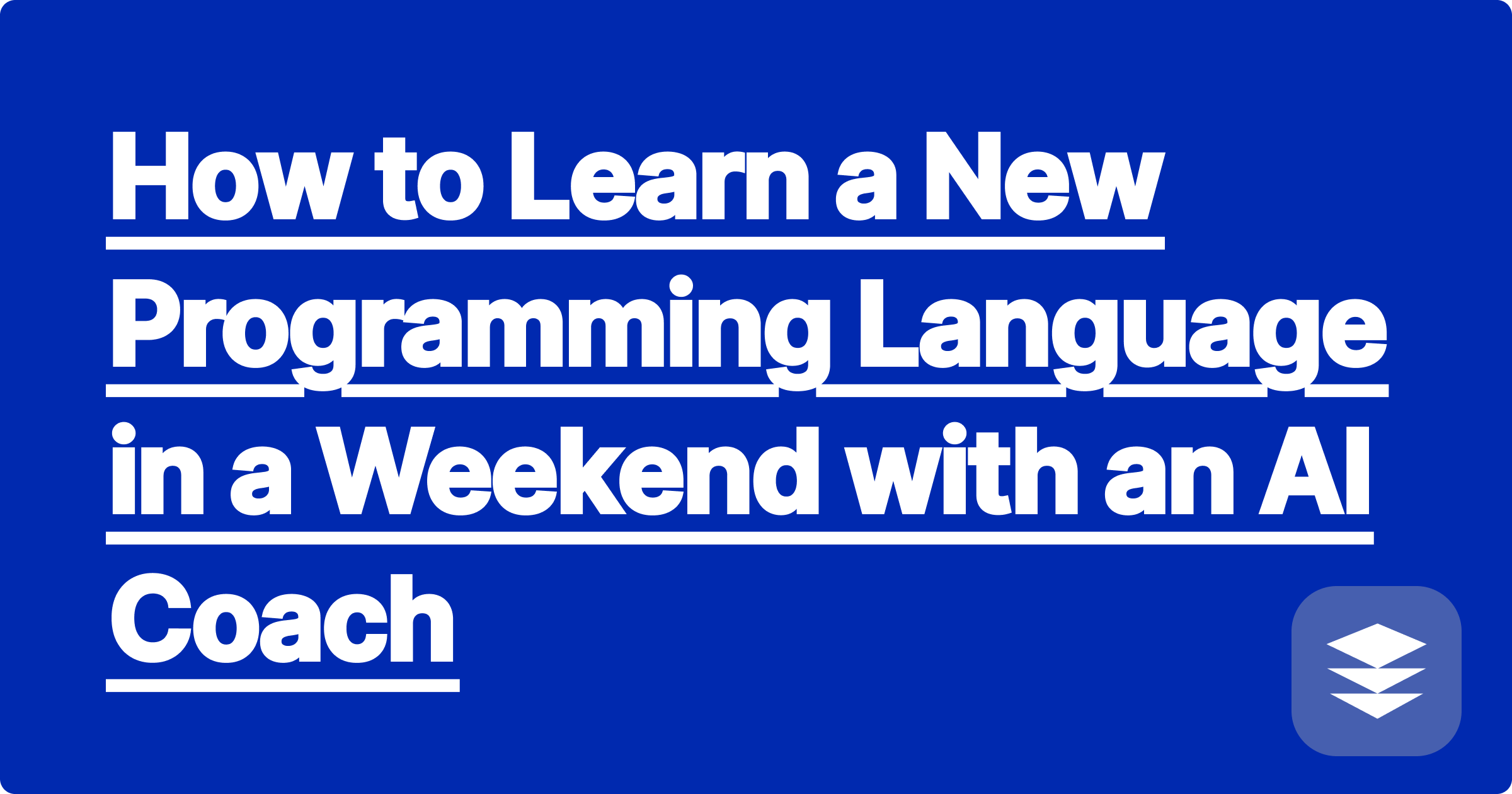
As a developer or a computer science student, you already know how to code. You understand loops, functions, and data structures. So when you need to learn a new programming language for a project or a job, your challenge isn't learning how to think like a programmer; it's learning the new syntax. Remembering if it's String, string, or str, or whether you need a semicolon at the end of every line, is a frustrating and tedious process. You need an ai coding tutor to accelerate this process.
The traditional way to learn a new language is slow:
Here’s how you can learn a programming language fast—in a single weekend—using an AI assistant like the GPAI Solver and Cheatsheet. Let's use learning Rust as an example.
[Image: A screenshot of a GPAI Cheatsheet showing a well-organized reference for Rust, with sections for "Variables (let, mut)," "Data Types (i32, f64, bool)," and "Functions (fn)". Alt-text: An AI-generated cheatsheet for learning a new programming language.]
Now, you leverage what you already know.
You don't learn a language by reading; you learn it by building.
This AI-assisted workflow is a hyper-efficient way to learn. It skips the passive reading and jumps straight to active application and problem-solving. By the end of the weekend, you won't be a Rust expert, but you will be a "productive beginner"—able to read, write, and debug basic programs, and knowing exactly where to look for more advanced information.
A: This method is most effective for people who already know at least one programming language. It leverages your existing knowledge of programming concepts and just accelerates learning the new syntax. For absolute beginners, a more structured, traditional course is still recommended as a starting point.
A: Yes. This is a major strength. You can ask it to explain difficult concepts like Rust's "ownership" and "borrowing," C++'s "RAII," or Haskell's "monads." It can provide both a theoretical explanation and a practical code example.
The days of spending a month to learn a new programming language are over. With a powerful AI coach at your side, you can distill the core syntax, translate your existing knowledge, and start building real projects in a single weekend.
[Learn your next programming language this weekend. Try the GPAI Suite as your personal AI coding tutor. Sign up for 100 free credits.]
Your First 90 Days as a Junior Engineer: How AI Can Be Your Mentor
How to Prepare for a Technical Interview Using Only Your Own Course Notes
The 'Lazy' Way to Write Weekly Progress Reports for Your Boss
From Academia to Industry: Translating Your Thesis into a Business Proposal
How to Learn a New Programming Language in a Weekend with an AI Coach
Using a Chemistry Solver to Create the Perfect Cocktail Recipe
The Physics of Fantasy Football: Using an AI to Analyze Player Stats
Designing a Video Game Level with a Topology Homework Assistant
Can an AI Notetaker Summarize a Beethoven Symphony? An Experiment in Music Theory
The Algorithm of Storytelling: Using AI to Deconstruct a Blockbuster Movie